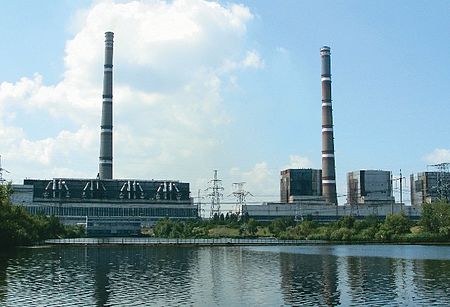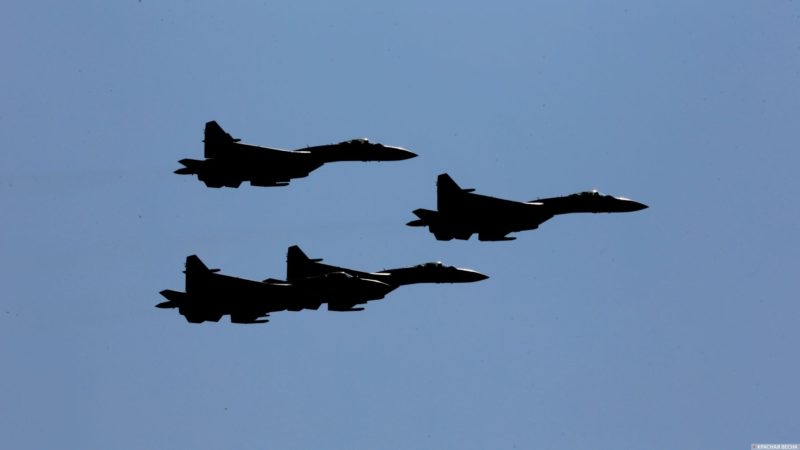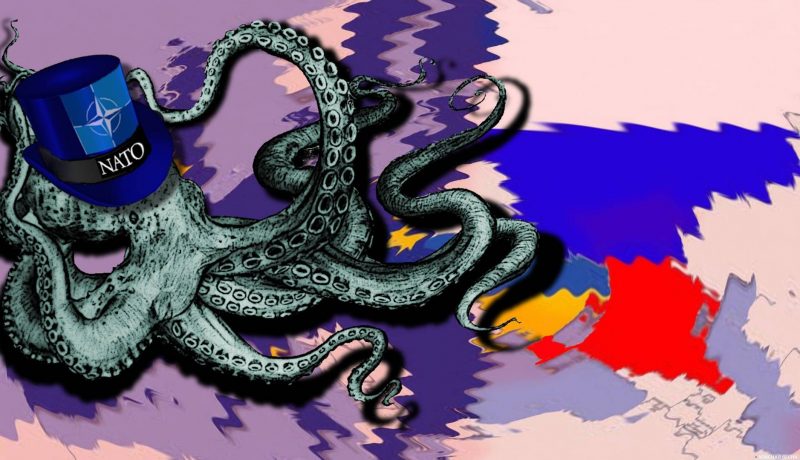15.04.2022, Moscow.
Pakistan’s new authorities have announced a course of strengthening ties with the United Kingdom, which should eventually take on a different quality.
The United Kingdom has indeed succeeded in retaining influence in its former colonies. The old political clans, such as the Sharif family, which is seeking to reassert itself at the helm of the country, are also helping.
It is with London that the corruption scandal that cost the prime minister’s chair to the brother of Pakistan’s new leader, Nawaz Sharif, is connected. Having fled the country, he has been hiding in the British capital for several years.
However, the ousted head of the previous government, Imran Khan, was just as firmly tied to the United Kingdom. In the 1990s he had conspicuous success in London and even succeeded in Islamizing part of the British elite. At that time he married the daughter of a major British tycoon Jemima Goldsmith, whom he parted ways with when he became more involved in Pakistani politics.
Before that, on the other side of the ocean, White House press secretary Jen Psaki called Pakistan a critically important country to US interests. The USA, too, is addressing its long tradition of influence over Pakistan. Separately, the Pentagon, which has honored Pakistan as a key country in the region, expressed its interest.
Pentagon Press Secretary John Kirby has said that the United States enjoyed a “healthy military-to-military relationship” with the Pakistan Army and hoped that this engagement will also continue in the future.
Pakistan’s intelligence and military have worked closely with their British and US counterparts since the war against the Soviet Union in Afghanistan, and afterward during the US invasion of Afghanistan. The US accounts for a large share of Pakistan’s economic ties and is generally dependent on international credit and investment.
At the same time, the new authorities confirmed the priority of deepening relations with China. Shehbaz Sharif himself, in his time as the head of the Punjab province, conducted joint projects with China within the framework of the China-Pakistan Economic Corridor (CPEC) project.
However, it is unclear how Pakistan’s new government is going to solve the dilemma of friendship with both China and the West. The previous chief of cabinet Imran Khan was already going to do this and even announced an ambitious plan to become a bridge of reconciliation between the warring world powers. This ended with Imran Khan’s belated attempt to accuse the US of conspiring to dismiss him.
The confrontation between the US and China is only escalating. This means that the peripheral countries, which are used to the policy of “multi-vectorism” and are trying to sit on two chairs to the last, despite the fact that they are beginning to sprawl in different directions, find themselves in a very precarious position. Consequently, Pakistan’s new government will sooner or later have to make a choice.
Although Russia has offered Pakistan attractive energy projects, it has little ties to the Pakistani elite and little influence over the country compared to the United States, the United Kingdom, and China. Therefore, the Pakistani authorities’ support for Russia could become a bargaining chip in this game.
Translated from https://t.me/shotday/225




